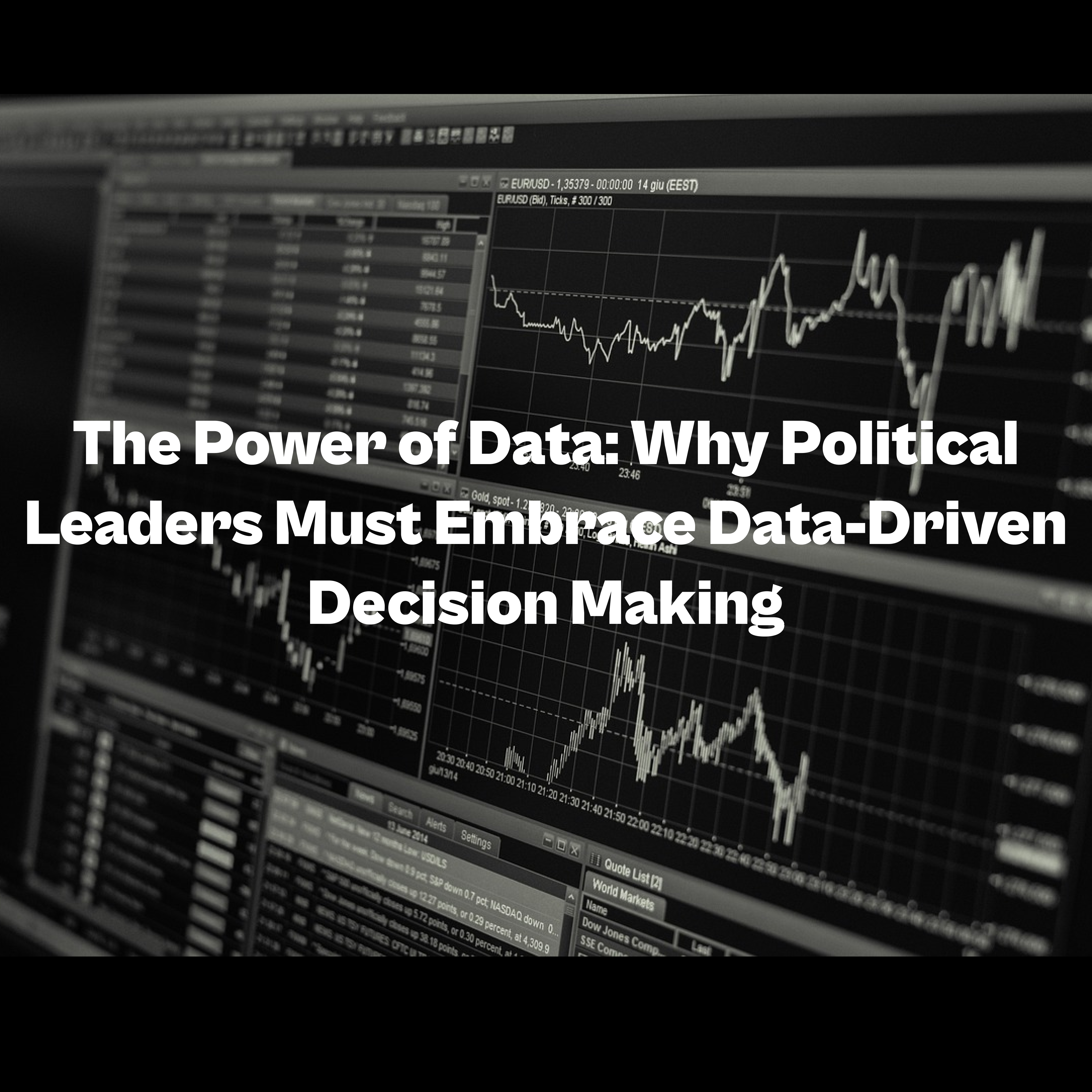In the modern political landscape, the importance of data cannot be overstated. Political leaders around the world are increasingly relying on data to make informed decisions, connect with constituents, and address complex challenges with precision. Whether it is understanding public sentiment, crafting policies, or managing crises, data serves as a critical tool for leadership that resonates with people and drives meaningful change.
One of the most significant advantages of data for political leaders is its ability to provide real-time insights into public opinion. By analyzing surveys, social media trends, and feedback channels, leaders can identify the priorities of their citizens and respond accordingly. This connection helps bridge the gap between leadership and the public, ensuring that decisions align with the needs and expectations of the people. For instance, effective use of data allows leaders to understand regional disparities, economic conditions, or pressing social issues, enabling them to tailor solutions that create widespread impact.
Data also plays a pivotal role in policymaking. Evidence-based policies are far more likely to succeed, as they are grounded in actual data rather than assumptions. For example, governments that monitor data on healthcare outcomes, education systems, or employment trends can implement targeted programs that directly address specific gaps. Data ensures that resources are allocated efficiently and that policies are designed to achieve measurable outcomes, which fosters trust and accountability among citizens.
In times of crisis, data becomes even more valuable. Predictive analytics can help leaders prepare for potential challenges, whether it’s a natural disaster, a public health emergency, or economic instability. During crises, real-time data allows for swift responses, minimizing damage and ensuring that help reaches those who need it most. For example, tracking patterns of migration, supply chain disruptions, or disease outbreaks enables leaders to act decisively, demonstrating competence and leadership.
Furthermore, data enhances political campaigns by making them more strategic and efficient. Political leaders and their teams can analyze voter demographics, preferences, and behaviors to develop messages that resonate with specific groups. Data-driven campaigns help optimize outreach efforts, ensuring that resources are directed to areas where they will have the greatest impact. This approach not only improves the chances of electoral success but also strengthens the leader's connection with the electorate.
Another critical benefit of data is its role in fostering transparency and accountability. Leaders who openly share data on government initiatives, budgets, and outcomes create an environment of trust. Publicly accessible data platforms allow citizens to track progress, provide feedback, and participate in governance, strengthening democratic processes. This transparency helps build credibility and ensures that leaders remain accountable to their constituents.
However, while the benefits of data are undeniable, it is essential for political leaders to address the challenges that come with its use. Ensuring data privacy and protecting sensitive information must be a priority to maintain public trust. Additionally, leaders must guard against the misuse of data, such as manipulating statistics or ignoring inconvenient truths. Ethical guidelines and robust data governance frameworks are essential to maximize the potential of data while minimizing risks.
As technology continues to advance, the role of data in politics will only grow. Artificial intelligence, machine learning, and advanced analytics will enable leaders to predict trends, improve governance, and address global challenges more effectively. Leaders who invest in data-driven systems will not only be better equipped to serve their constituents but will also create a legacy of responsive, ethical, and impactful leadership. In a world that demands accountability and innovation, data is no longer a luxury—it is a necessity.


